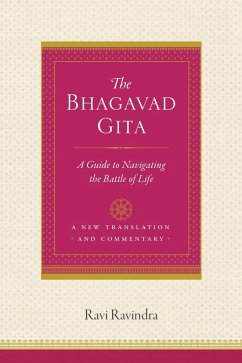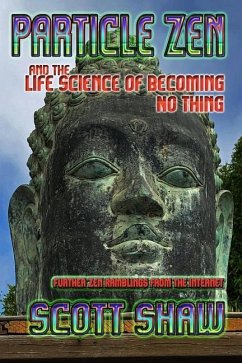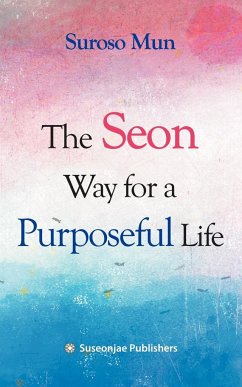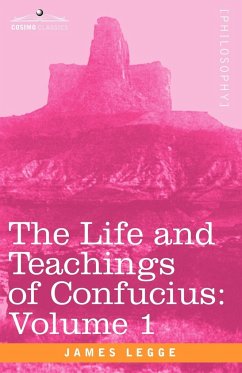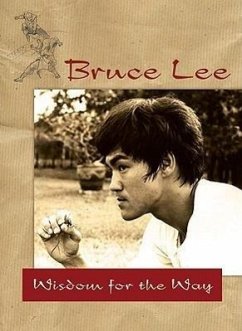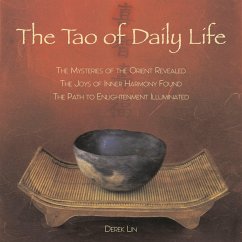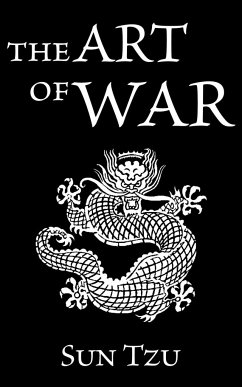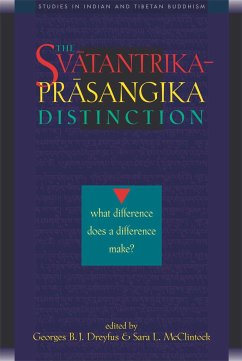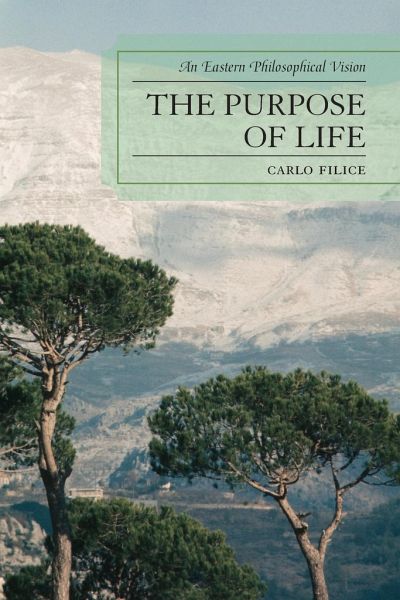
Purpose of Life
An Eastern Philosophical Vision
Versandkostenfrei!
Versandfertig in 1-2 Wochen
47,99 €
inkl. MwSt.

PAYBACK Punkte
24 °P sammeln!
Suppose that this world is not an accident, but an expression of a divine super-mind. This book boldly contends that divine motives are guided by values that exist objectively, defending a cosmic vision that has been prominent in the Indian subcontinent for thousands of years.





